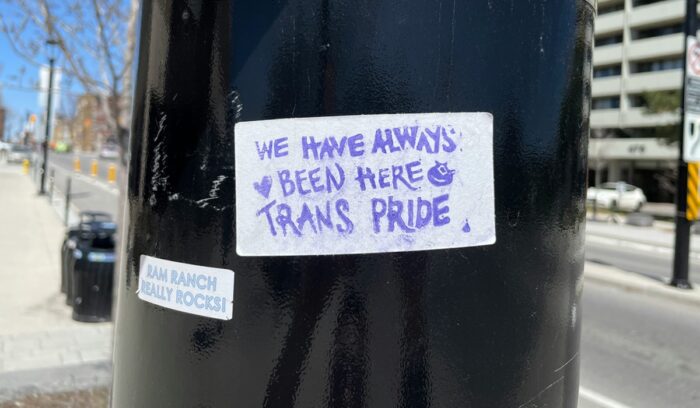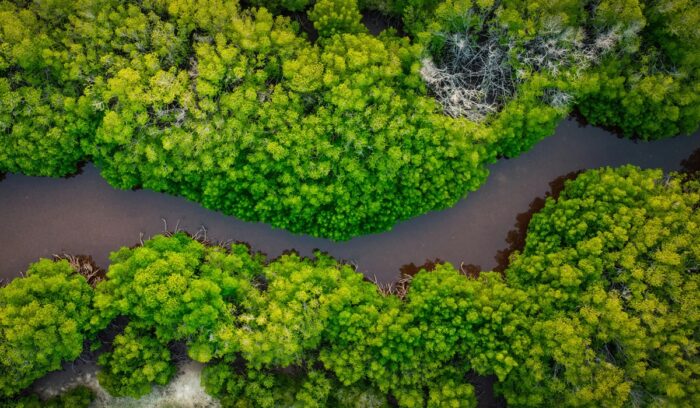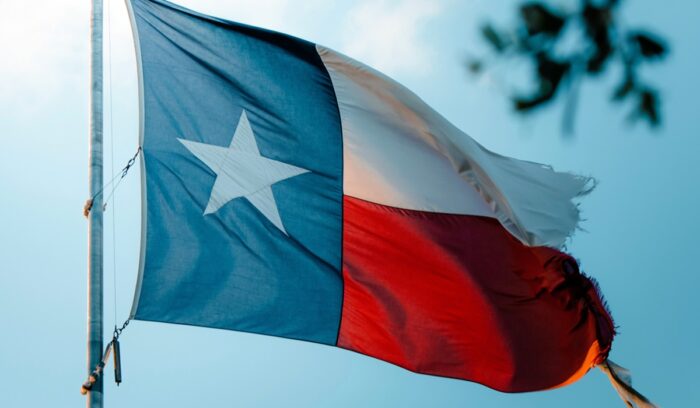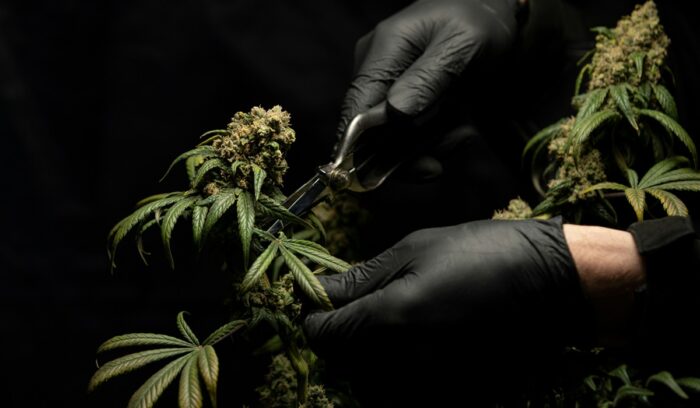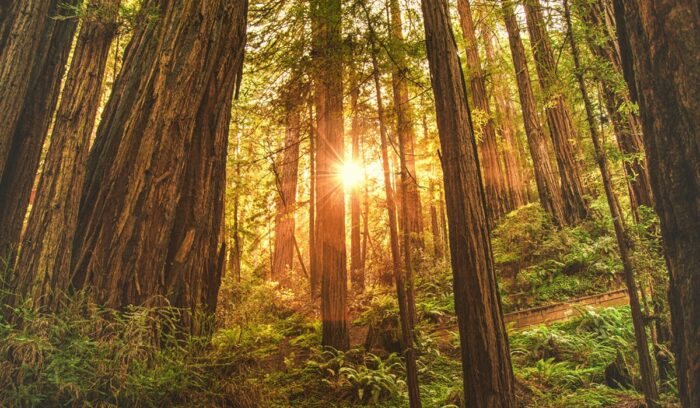Tennessee to become the first U.S. state to provide some children’s diapers
According to the National Diaper Bank Network, 92% of families receiving diapers in Tennessee are working and still unable to afford an adequate supply of diapers. However, it was just announced that the state’s Medicaid program will officially start covering 100 diapers a month for newborns, infants, and one-year-olds in August 2024, becoming the first U.S. state to do so.



